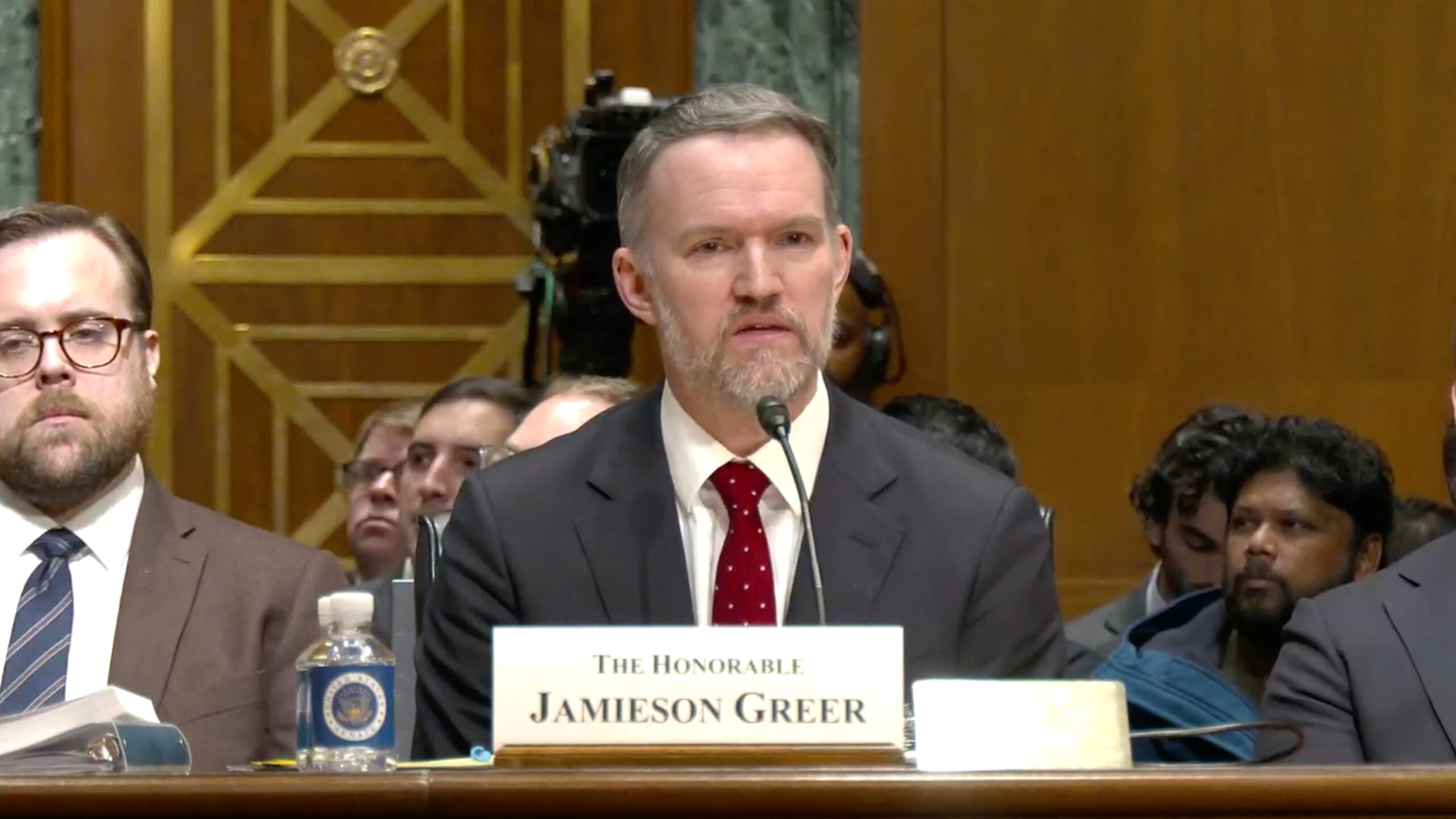President Biden’s recently released Made in America Tax Plan does pretty much what he campaigned on: punishes fossil fuel producers, promotes anything renewable energy related – from battery-powered cars to solar panels.
There is an effort underway to replace subsidies for fossil fuels and give it to renewable energy generation instead. That would be about $35 billion in cuts to oil and gas, with – we presume – the bulk of it going to EV charging stations, solar and wind.
From the plan:
“The President’s tax plan would remove subsidies for fossil fuel companies, while providing incentives to reposition the United States as a global leader in clean energy and to ensure that our infrastructure is resilient to storms, floods, fires, and rising sea levels. Targeted investments in a clean and resilient energy future would also boost jobs for American workers and address environmental injustices.”
The Made in America Tax Plan would give a 10-year tax credit for “green power” generation in what is known as “direct pay” credits to renewable energy businesses. Current renewable energy credits are only allowed for profitable companies and help reduce their C-Corp rate. But if you lose money, the tax credits may be worthless. By proposing to make them “direct pay”, companies can make better use of those tax credits because it allows them to get cash back even if they have no corporate tax liability that year. And, in an ideal world, having that money means they would be more inclined to purchase more solar panels, for example – either to put on a factory rooftop to power their assembly line and sell unused electricity to the grid, or companies like power utilities wanting to build solar and wind farms on vacant land.
All of this is just a proposal at this time and CPA suspects the oil and gas industry will work hard not to lose its government support. CPA promotes U.S. supply chains and jobs and does not pick favorite sectors.
However, for those along the renewables supply chain, the Biden plan would establish those tax credits for 10 years as opposed to them having to be renewed every two years as it is now. That leads to congressional jockeying over the precise rate of the tax credit each time. For example, in December 2020, the rate was supposed to fall to 22% but some quick maneuvring by pro-solar Congress members slipped a 26% rate down the chimney right before Congress adjourned for its holiday recess.
Biden’s proposal aims to give the renewable energy business more certainty through these direct pay credits and the 10-year fix.
“The best thing about direct pay is that you don’t have to go back to Congress to get these credits over and over again,” said David Morse, CPA Tax Policy Director. He believes the change in the tax credit will end up in budget reconciliation rather than as part of the Biden tax plan. Both the American Jobs Plan for infrastructure and the latest Made in America Tax Plan are templates.
The idea is to maximize the efficiency and predictability of renewable energy tax credits in order to build up this industry here by creating more domestic demand.
Industries need predictability to make long-term plans and CPA supports direct pay and strong federal support for all U.S. energy-producing industries. However, the Biden plan in its current form does not do enough to support U.S. manufacturing, especially in solar power, an industry where Chinese producers have a chokehold. U.S. producers are strong only in the solar panel manufacturing part of the supply chain.
Even though these are template proposals, the template itself has no specifics about where those tax credits can be spent. It would be a shame if they were spent on solar imports from Asia. That would be an Asian Jobs Plan.
In the American Jobs Plan, the White House wrote that “credits will be paired with strong labor standards to ensure the jobs created are good-quality jobs with a free and fair choice to join a union and bargain collectively.”
“Congress and the Biden administration must do more to see that our energy production infrastructure is manufactured in the U.S.,” said CPA Chief Economist Jeff Ferry. “We can’t have any major energy sector dependent on foreign manufacturing, particularly from China, and the administration can achieve that with a production tax credit that goes to U.S. manufacturers in these critical energy equipment sectors.”












